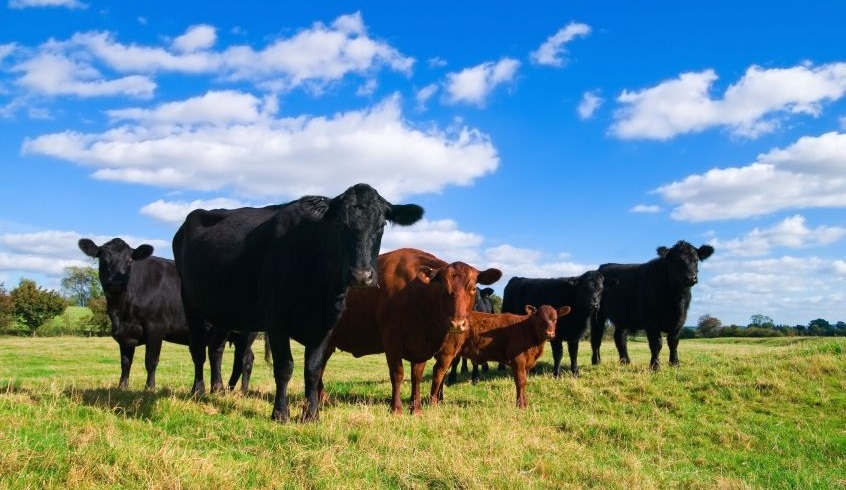
How can practical innovation by farmers help businesses across the industry become more profitable post-Brexit?
This is the main discussion point last week when over 80 people working in agriculture got together at the first ever Innovative Farmers national event held at Sheepdrove Organic Farm & Eco Conference Centre.
"So many of the steps farmers are taking to improve soils, tackle problem weeds and boost animal welfare are home-grown, where they've taken a risk to try things out and the research has come after to see why it works," Tom MacMillan, director of innovation at the Soil Association said.
"The point of Innovative Farmers, which shares that risk and learning, and brings more research rigour, is to help do this faster and better.
"Strengthening this capacity to innovate will be vital in helping farming cope, and thrive, through the changes after Brexit."
Link up with more farmers
The Farmer Innovation Day showed the range of challenges that farmers and researchers are teaming up to tackle, with examples from over 40 practical 'field labs' completed or underway through Innovative Farmers.
Participants included farmers and researchers from across the country, spokespeople from the NFU, ADAS and Defra, and partners in the Innovative Farmers network.
Clive Bailye, TWB Farms and Soil Farmer of the Year 2016, spoke at the event about his transition to zero tillage and improving soil health. Clive said; "I know that with the right tools I can make sure my farm is viable.
"Innovative Farmers is a vital step in helping give farmers the power and tools needed to do this."
Lara Clabburn, Anglia Farmers, said; "Sharing information and learning from each other is invaluable.
"Through the Innovative Farmers network we have been able to link up with more farmers, widen the trials and find even more options for our field lab investigating alternative methods for terminating cover crops to reduce reliance on glyphosate."
Daniel Kindred, senior crop physiologist at ADAS said; "We need to get better at learning from experience.
"Working with farmers gives us potential to create a ‘new science’. We know that the conclusions we might make at a research trial scale might not apply when you get to a farm environment.
"I think we really need a way of doing these experiments at field scale."
